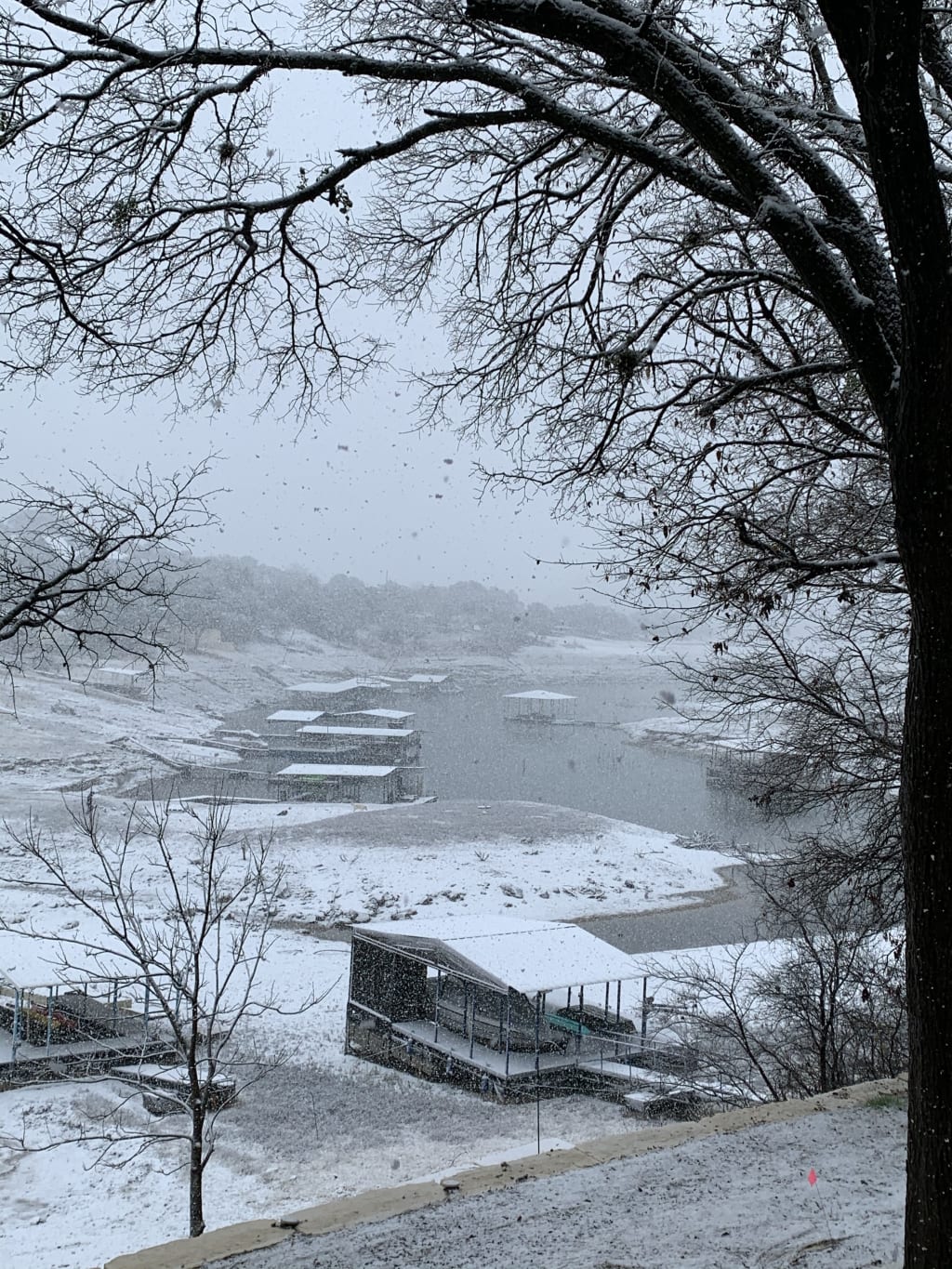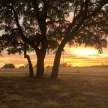Collective Failure
A deceptively rapid decline

Few people noticed when the shortages started. It was a slow process and we were all tired out from the pandemic. Food portions decreased while prices went up. Labor shortages caused domino effects in supplies of fuel and raw materials. Before we knew it our lives were different. Designated days at the grocery store lottery soon gave way to mass panic and looting. Gas pumps began to dry up and communications networks went down one by one.
For the lucky few who still had money, dubbed the Working Rich, food was available. Sustenance gardens became the hottest craze, the first fad driven by survival rather than style. They became the cornerstones of the communities by seeding the surrounding households in exchange for goods and services.
Inner-city communities began to migrate to more fertile areas and the rural inhabitants resisted forcefully. The ensuing violence altered the landscape of larger cities into sprawls of loosely connected collectives governing its agriculture and trade with surrounding groups.
All of this happened at a strange time in my life. I had left the religious cult I had been born into and was adjusting to life in the “real world”. I had enjoyed four years of celebrating birthdays, holidays, and religious ceremonies for the first time. I felt like I was finally getting my bearing in this new era of my life when the pandemic hit. My friends and family had already abandoned me to my apostate ways, but the lockdown now severed the new relationships I had formed. My new wife and I were isolated in our new lakeside home, watching the world evolve into something we couldn’t recognize.
Before the shortages started, I tried my hand at writing but found I had little to say. Fortunately, I inadvertently documented the emotional landscape fostered by watching mankind shift. The existential crisis started, addiction issues and suicides spiked, and religious fervor rose in all faiths and philosophies. We had never formally adopted a stance other than “spiritual seeker”, but that provided us with little comfort when our food began to run out. Our neighbors had formed a collective early on and invited us to join. We had little to offer in a practical sense other than brute labor. Decades in the tech industry hadn’t prepared either of us for long days working in the hot Texas sun. But for a couple in their fifties, we did pretty well.
My wife was never attached to jewelry. She joked about me having more necklaces than she did, which was accurate. The bartering power of our rings, chains, and pendants of worth was exhausted pretty quickly. The only piece of our meager collection that we agreed we would never trade was her grandmother’s antique gold heart-shaped locket. The original picture had deteriorated long ago, replaced by the last portrait we had of our three nieces. They were a mere fifteen-minute drive away, but we hadn’t seen them or spoken to them since the collectives had formed. We had no idea how they were doing or if they were still in the area. The locket was our final tie to family and hope.
We stuck to our decision to keep the locket regardless of the need as long as we could. As the city crowds encroached on our collective, we started to see that the pandemic had never left us. With no way to truly sanitize we both became ill when winter started and couldn’t work. The neighbors helped us as long as they could, but they had their own families to care for. Everyone’s surplus stores quickly dwindled as the cold came. The only hope we had was to scrape together something to barter for the newly developed cure. We didn’t know if we could trust the miraculous stories we had heard about it but it was the only option. And the only thing we had left to barter was the locket.
We decided that I would take the locket to the collective leadership and offer it for my shot. If necessary, I would offer my services to whoever would sponsor me after I recovered. I could even offer my wife’s labor if they were willing to sponsor her shot as well. One or all of those offers should be enough to get us back on our feet. I just needed to find the strength to trek to the leadership building, an old roadhouse bar roughly one mile from our house. Normally, this wouldn’t be a difficult journey but I had developed breathing issues from the virus. Walking up the hill to the main road took me over an hour, less than 200 yards.
By the time I reached the roadhouse, it was after dark. I slept in the old courtyard area where music used to serenade the bar house regulars. Now, it housed half a dozen other supplicants hoping to speak to the collective leadership when they arrived. I found an isolated corner where I could make my coughing surreptitious enough to avoid detection.
I stayed awake and watched the stars while thumbing the locket, remembering the world before we lost it. Swimming in the lake, watching football, eating barbecue, drinking beer, dancing, going to the movies, surfing the internet, driving too fast, and living as if it would all last forever. It had disappeared in such rapid stages we never saw it coming.
The sun began to brighten the sky and I could hear the other occupants stirring. I tried to sit up and realized that I couldn’t move. I felt the air moving slowly in and out of my lungs, one rasp at a time. That was all the energy my body had left. I had reached my end.
Tears formed when I realized that my death meant my wife was doomed as well. I imagined her coughing in bed, waiting and hoping that I would make a successful trade. I wondered whether she would have to accept that I wasn’t coming back or if she would be gone before that was necessary.
I felt a cold pool of metal cradled in my fingers and willed my grip tighter. The gold locket was the last link I had to life. My eyes opened just enough to scan the others waiting to see the leadership. I wondered who would steal my precious treasure when it slipped from my dead hand. Those stirring covered their faces to avoid identification. But, one figure caught my eye. I don’t know if it was her stature or how she walked, but I knew her. I uncovered my head since I had no reason to fear being seen.
A few minutes passed before she glanced my way. I had watched her drink a small cup of something that looked warm from her thermos and quickly pack it away. She exposed her face for mere seconds, but it was enough. My eye caught hers and I saw recognition dawn. She rushed over and grabbed my hand.
“Peter! Is that you?” She cried
“For now. I’m sick, so don’t get too close. Your aunt is sick too. Please take this,” I loosened my fingers and allowed the locket to slip into her hand. “It’s all we have left. Get what you can with it and help her.”
She opened the locket and saw the picture of her and her sisters. Her eyes moistened with memories of a life stolen from her.
That’s the last thing I remember from those days. I don’t remember passing. I just don’t have any memories after watching my niece cry over my dying body fondly gazing into the heart-shaped locket.
About the Creator
Michael Paddock
An escapee, a survivor, a creator...






Comments
There are no comments for this story
Be the first to respond and start the conversation.